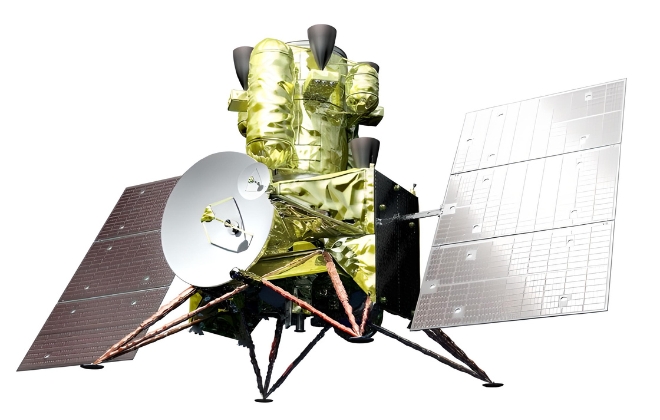Responsive Space Systems

BENOIT BIERI / INNOVATION PILOT – ALTEN
Benoit Bieri is a Pilot in ALTEN’s Innovation Department. He started working at ALTEN as a trainee and went on to lead an ALTEN team working on the two projects that arose out of his work while he was an intern. He will present this work at the International Astronautical Congress 2024.
How do projects like this emerge?
During the initial ideation phase, we look at a problem or scientific barriers. This time it was the Responsive Space System. To give you an idea, today there are constellations of satellites in space and we depend on them for many things, from communication to military objectives. We asked ourselves what would happen if we suddenly lost these capabilities, for whatever reason – an external attack, hacking, loss of resources, a failure in the system – and what we would need to do to recover our spatial capabilities. It was at the start of this ideation phase that I came on board as a trainee, together with five others. We worked in collaboration with experts on this subject to guide us during the development.
How did you bring this project to life?
After that I signed a permanent contract as Technical Leader and then Innovation Pilot, taking charge of the two projects that grew out of this experience. The first one, Responsive Space Systems, kept the same name as the ideation. It’s based on the creation of a software package to chart the entire value chain of a space mission from start to finish and to optimize it. We will be drawing on all the expertise at ALTEN to find the fastest and best solution. We’ll be able to say how long it’s going to take, how much it’s going to cost and what the environmental footprint will be.
Why the need for this project?
The initial impulse came from the defence side. Almost anyone with missiles is virtually capable of destroying satellites. Likewise for hacking. At the same time, when a satellite breaks down and is no longer able to communicate or operate properly, we abandon it. That means there is more and more debris in space. All these risks are increasing, so the European Defence Fund actually asked manufacturers to set up projects to look at these issues.
And the second project?
The second project is called SAT (for Satellites Au-dessus de vos Têtes, Satellites Above Your Heads). It’s a bit of a counterpoint to the other project. It looks at what is out there and how we could use it to compensate for the capabilities we’ve lost. The idea is to map everything that exists today, to take stock so that we know precisely what each satellite can do in case of need.
What did you learn from the projects? Were there new skills you acquired?
One important thing I learned was that you really have to take everything into account – to integrate all the parameters of an assignment from the design phase onwards. You need this overall vision to be able to decide what assumptions you can make. In terms of skills, as trainees our knowledge was very theoretical. We developed various optimized Python scripts and dedicated Excel sheets to automate and understand everything we had learned in class – how did we actually do it? We were lucky to be assisted by ALTEN consultants who have great expertise, each in their own field. This experience introduced us to the world of innovation, many industry partners, and cross-disciplinary engineering. It was an eye-opening journey beyond our theoretical knowledge.












